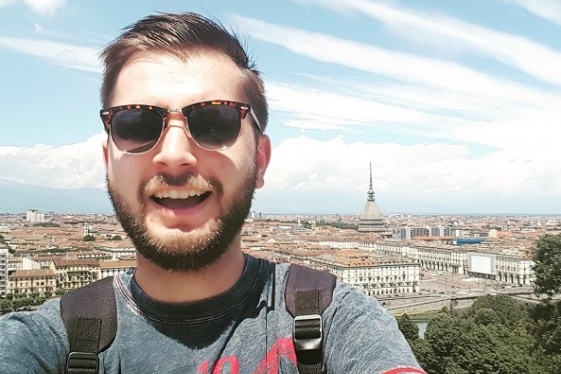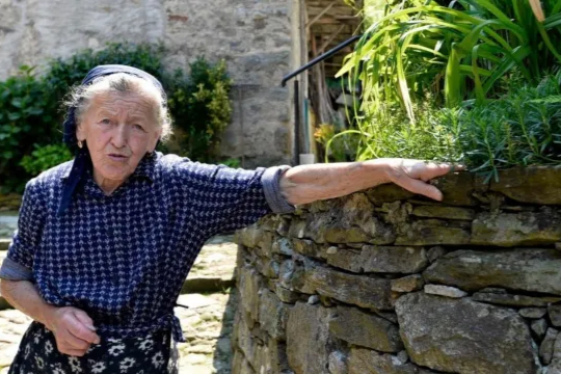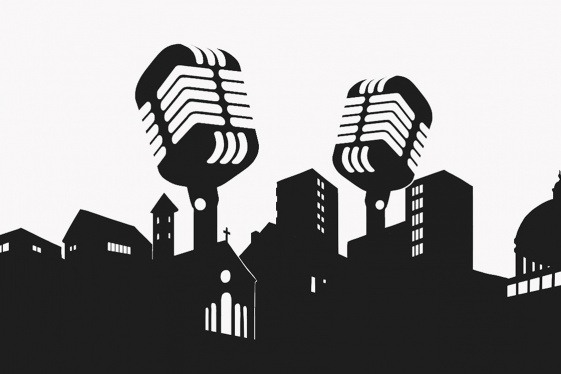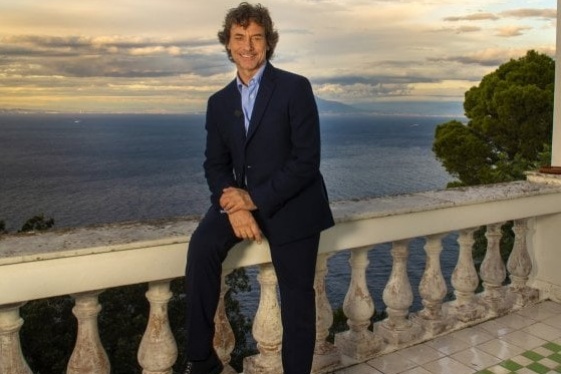

WTI Magazine #79 2016 May 13
Author : Giovanni Verde Translation by:
An extraordinarily important figure in the history of Italian enterprise, Adriano Olivetti is the architect of a unique and revolutionary business model, which has combined technological progress with richness of the human community. Engineer and entrepreneur, his multi-faceted personality has brought Olivetti to engage not only strictly in the industrial field, but also to deal with the problems of town planning, architecture, culture, as well as social and political reforms.
Adriano Olivetti was born in Ivrea (Piedmont) on April 11, 1901. The parents, a jew father and a Waldensian mother, will give Adriano no religious education. He will decide to convert to Catholicism in mature age.
In 1924 he obtained a degree in chemical engineering from the Polytechnic of Turin and, after a stay of study in the United States during which he kept abreast of business organization practices, in 1926 he started working in his father's factory where he started as a simple worker at the lower salary. Step by step, he became director of the Olivetti Company in 1932. After returning to Ivrea, he proposed to his father an ambitious and innovative program to modernize the activities of Olivetti: decentralized organization of personnel, departments divided per functions, rationalization of time and assembly methods, development of the sales network in Italy and abroad.
Adriano Olivetti firmly guided the company towards technological excellence goals, innovation and openness to international markets, paying particular attention also to the industrial design - for which, in 1955, he won the prestigious Compasso d'Oro award for achieved merits in industrial aesthetics - and to the improvement of the conditions of the employees inside and outside the work environment.
He was an opponent of the Fascist regime, with moments of active militancy, participating to the liberation of Filippo Turati with Carlo Rosselli, Ferruccio Parri, Sandro Pertini, and others. Adriano was the one driving the car that brought Turati out of the country.
Upon returning from his refuge at the fall of the regime, Olivetti resumed the reins of the company. Its management skills, which will carry Olivetti to be the first company in the world in the field office products, join a relentless thirst for research and experimentation on how to harmonize industrial development and the affirmation of human rights and participatory democracy, inside and outside the factory. Under the impetus of his corporate fortunes and communitarian ideals, in the fifties Ivrea will bring together an extraordinary amount of intellectuals who will work in different disciplinary fields, pursuing the project of a creative synthesis between technical-scientific and humanistic culture.
In 1950 Olivetti unveils his vision of leadership in the political and Urban Affairs Planning. The planning is just one of many of his passions that will affect history, philosophy, literature and art. He personally refinances the revival of the magazine "Urbanism".
In 1953 he decided to open a factory in Pozzuoli offering jobs with wages above the average, and assistance to the families of the workers whose productivity in this plant will exceed that of their colleagues in the Ivrea factory. In 1956 he is elected mayor of Ivrea, and two years later he gets elected in the National Parliament. In 1957 the National Management Association in New York awards Olivetti's international corporate governance activities.
Adriano Olivetti created in the Italian postwar a new model of factory, unique in the world, in a historical period in which two great powers faced: capitalism and communism. Olivetti deems possible to create a balance between social solidarity and profit, so that his organization of work will include the collective happiness idea that could generate efficiency. The workers at Olivetti live in better conditions than those of the other large factories Italian: not only they receive higher wages, there will be for them and their families kindergartens and homes near the factory, in compliance with the beauty of the environment, and employees will also benefit from several commercial agreements.
The idea is to create a foundation made up of different active forces of the community: shareholders, government agencies, universities and workers' representatives, in order to eliminate economic, ideological and political differences. His dream is to be able to expand the project to the national level: but Adriano Olivetti suddenly dies on February 27, 1960 of a cerebral hemorrhage while he is on his way to Switzerland.
One of his aphorisms sums up his pragmatic vision of change: "The word "utopia" is often the most comfortable way to dismiss what we don't want or lack the capacity or courage to do. A dream looks like a dream until we begin to work on it. Then it can become something infinitely bigger".
You may be interested
-
'Fantastic' exchange thrills Italian doctor,...
Two doctors on opposite sides of the Atlantic Ocean have set up their own international ex...
-
'Italians always make you feel welcome - acco...
The Italian language has had more of an impact on me than anything else in my life so far....
-
'The Soul of Barolo' Wins Wine Spectator’s 20...
On a summer trip to Piedmont in Italy, Seattle-based filmmaker Will Miceli fell in love wi...
-
'Truffle tourism' worth 63 million euros in I...
Truffle fairs and truffle hunting tours have attracted some 120,000 visitors to Italy this...
-
‘Leave our granny alone!’ Family of 97-year-o...
Paolina Grassi, 97, is the sole inhabitant of an abandoned Alpine hamlet in northern Italy...
-
‘Music and the Cities’ podcast
"When the silence in the streets may seem deafening, music continues to dictate trends and...
-
‘The Mozart of fungi’: For ages, truffle hunt...
The prized Italian white truffle continues to shatter records. This precious fungus—nickna...
-
"Meraviglie - la penisola dei tesori": su RAI...
Al via la terza edizione di "Meraviglie - La penisola dei tesori", il seguitissimo program...













